Hello Readers! My name is Anne Jonas and I am a new intern at CambridgeEditors. I am an English major at Boston University, with a double minor in French and Women’s Studies. When I am not in the classroom, I enjoy exploring Boston, smashing the patriarchy, and binge-watching French TV shows on Netflix.
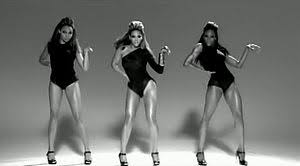
If you are a single lady like me, then you know that Valentine’s Day can make you feel a little isolated or left out. But I’ve got just the fix! I have chosen five books that transform romantic clichés into awe-inspiring narratives. These books are not your typical Nicholas Sparks heartthrobs or your Fifty Shades of Grey heart-racers. Rather, they are books that look at love through different and unconventional perspectives, which made me think about the genre of romance and why we read it in the first place. So, I challenge everyone out there to find company in a book today. Get into some comfy clothes, make yourself a big cup of tea, find a cozy nook, and grab one of the five books below!
- Alison Bechdel’s graphic novel Fun Home
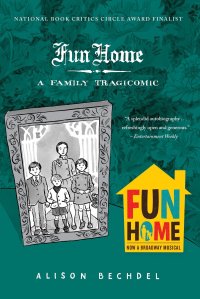
Fun Home is a graphic memoir written and illustrated by Bechdel, following her relationship to her father from childhood to adulthood. Self-described as a “tragicomic,” the graphic novel addresses the innerworkings of a dysfunctional family with the witty humor of an angsty teenager. The book explores themes of father-daughter love, self-love, and first love. If you like visual aids while reading and a quirky, nuanced sense of humor, I would highly recommend this book.
- Ian McEwan’s Atonement
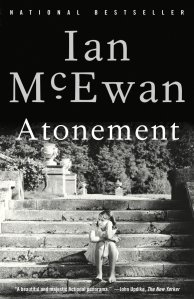
Ian McEwan’s Atonement follows a tragic love story of mistaken identity in WWII-era England. The book centers around Briony, who, as a young teenager, falsely accuses her sisters love interest of rape, thereby separating the two for life. The novel explores themes of guilt and shame, as well as the “happily-(n)ever-after” trope of postwar fiction. The book has been adapted into a movie featuring Keira Knightly and James McAvoy (*swoon*). For those who love a moving, Titanic-esque tragic love story, this is the perfect book for you.
- Alice Walker’s The Color Purple
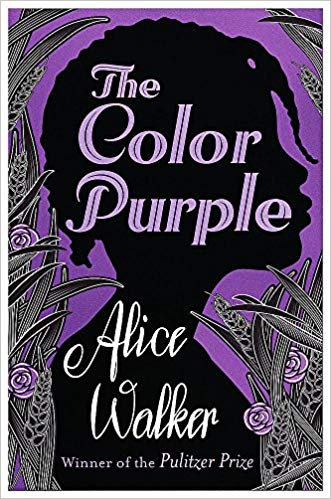
The Color Purple is an epistolary novel, containing letters exchanged between Celie, a rape survivor and social pariah, and God. This novel takes a soulful look into the struggles of navigating trauma as a queer woman of color in the early 20th century. It looks at love between female outcasts, and delves into themes of sisterhood, colorism, and feminism. This book is perfect for those looking for a spiritual, yet contemporary reflection on love, gender, and race.
- Toni Morrison’s Beloved
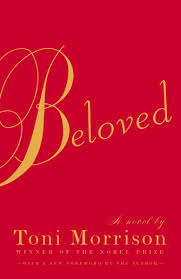
In Toni Morrison’s Beloved, Sethe’s love for her daughter, Beloved, is so great that she kills her in order to save her from the wrath of slavery. The novel follows the chaotic relationship between Sethe and Paul D, who are both haunted by the ghost of Beloved and then visited by her doppelgänger. For those who enjoy a good spook, I highly recommend this novel. This book has also been adapted into a film which features Oprah Winfrey as Sethe. Grab this book if you want a challenging, haunting read on the complexity of maternal love.
- Charlotte Brontë’s Jane Eyre
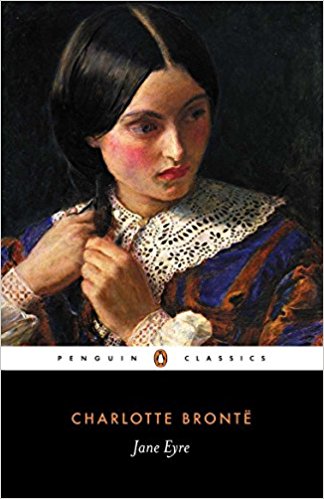
Charlotte Brontë’s Jane Eyre is a bildungsroman that follows Jane Eyre through her abusive childhood, her education at an all-girls orphanage, and her eventual position as governess to the mysterious Mr. Rochester. The novel explores the social taboo surrounding large age-gaps in relationships, mistresses, and what love is like with a physical disability. If you are a fan of period pieces, this book is a great way to escape into the elusive lives of the 19th century English elite.
If you are writing a novel of your own, or if you’d like to connect with our team of expert writers, check out the CambridgeEditors website. However you spend this holiday, enjoy the best wishes from the team over at CambridgeEditors!

